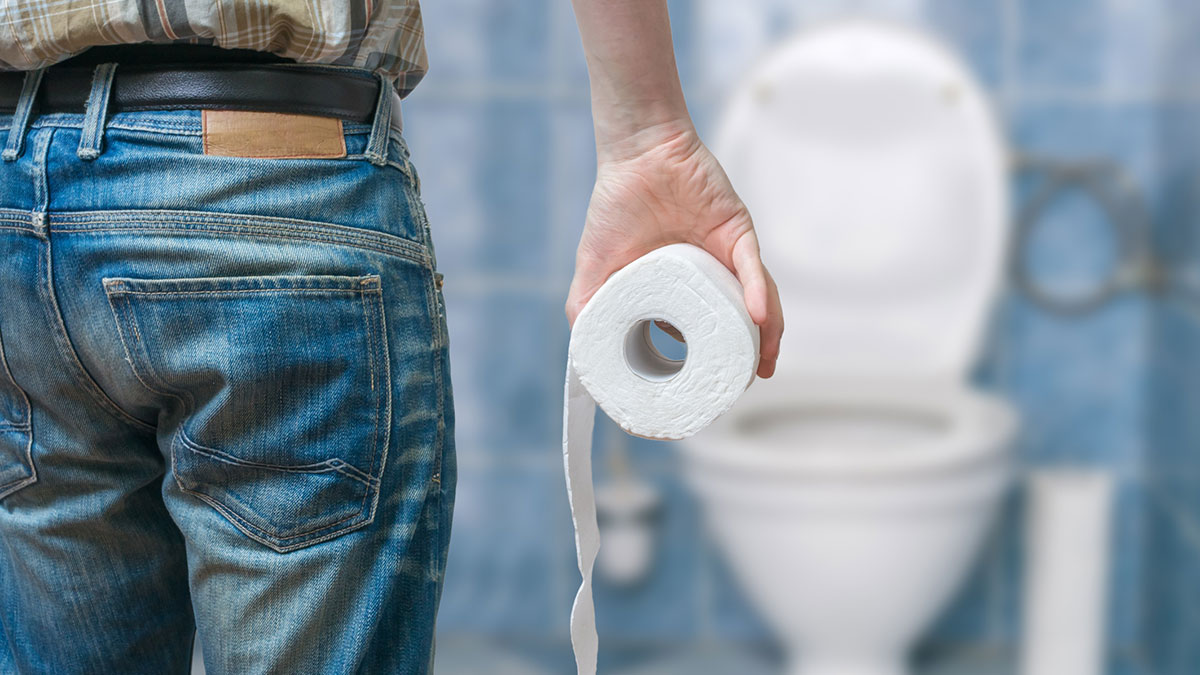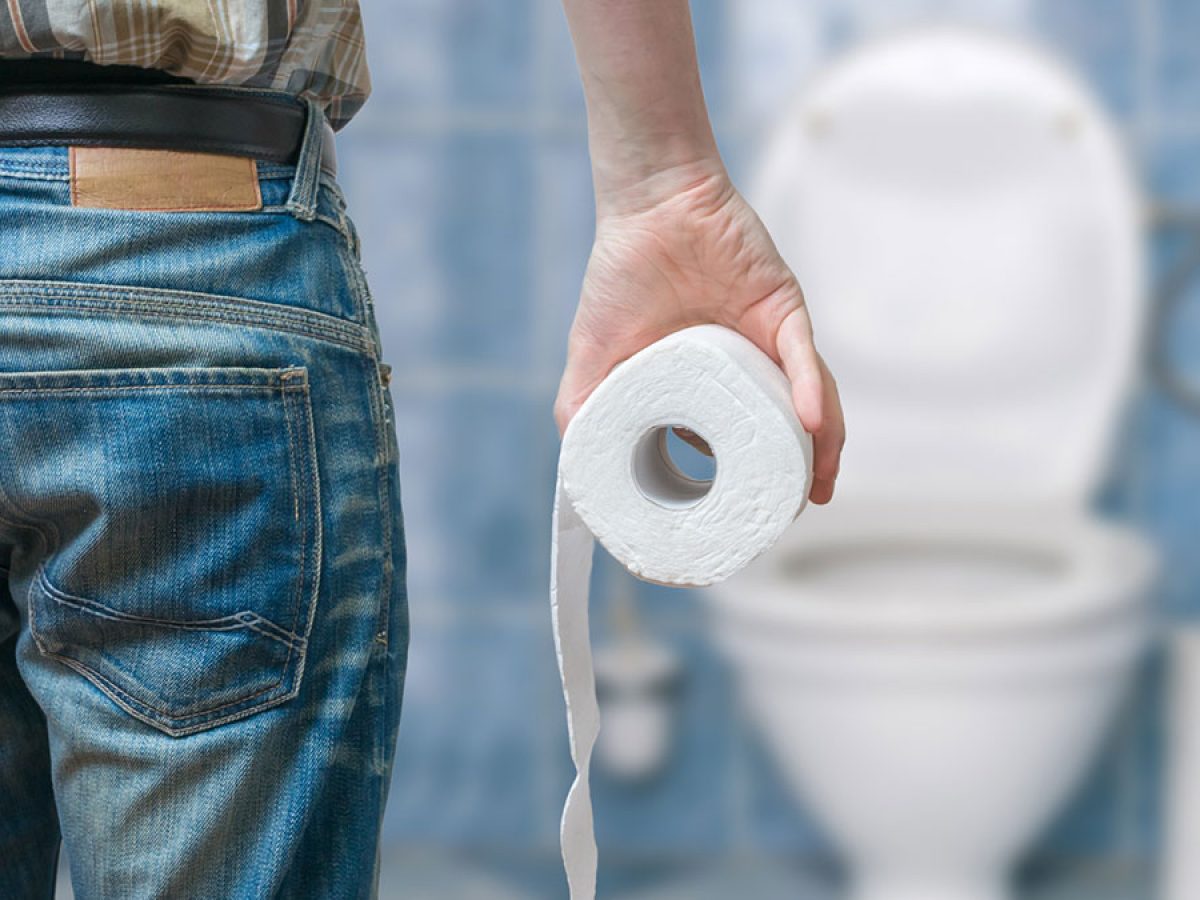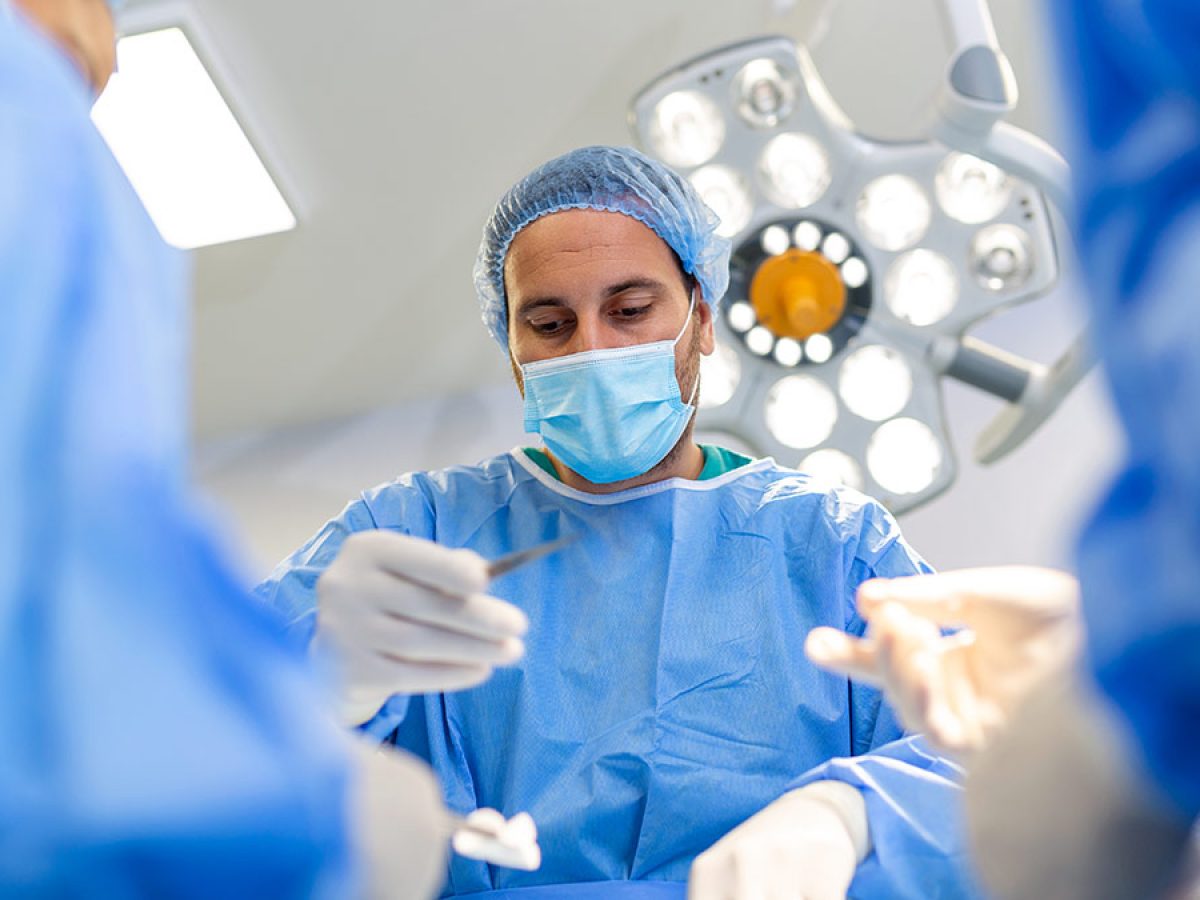Symptoms, Causes and Types of Hemorrhoids
Piles are swollen veins and muscle around the anus or in the anus canal. They are also known as hemorrhoids.
Your anus canal is short, also it is muscular and covered with blood vessels. These blood vessels are connecting your rectum with your anus. Piles are result of swollen anus.
Also this can be result of straining on the toilet. In some cases, piles can be painful. Also they can bleed if they become damaged.
Symptoms of piles
In some cases, hemorrhoids are not serious. They go away on their own after a few days. Person who has piles can have these symptoms:
- Pain while defecating
- The area around the anus is red
- The area around the anus is sore
- Itchy skin around your anus
- Mucus discharge when emptying the bowels
- After a bowel moment you have red color
- After you have been in toilet, you still have feeling that the bowels are still full
- A hard lump may be left around the anus. This situation is called a thrombosed (external hemorrhoid) which consists of blood. This can be very painful.
Internal hemorrhoids: There are four grades for internal hemorrhoids:
- The first one is grade 1-It means that these are small inflammations. They are not visible because they are inside the lining of anus
- The second one is grade 2-It means this grade is larger than grade 1. But also like grade 1, grade 2 it is inside the anus. When you pass a stool, the might can be pushed out, but then they will return inside automatically.
- The third one is grade 2-It means that this kind of pile is more serious than both previous. They are called prolapsed hemorrhoids. They appear outside the anus. Patients can feel them hanging out. Patient can put them back in with their fingers.
- The fourth one is grade-4.This is the most serious case of hemorrhoid. This cannot be pushed back in and it needs medical treatment. Because the grade 4 piles are large, they stay all the time outside the anus.
External hemorrhoids: External piles are also known as perianal hematoma. External piles are small lumps. These small lumps are located on the outside edge of the anus. External piles are very itchy. It can be painful if a blood clot forms inside. If you have thrombosed an external hemorrhoid, you should immediately visit a doctor. He or she will give you the right medical treatment.
Why do hemorrhoids occur?
The rectum and the blood vessels around the anus will stretch under the pressure and may bulge or swell. Hemorrhoids can develop when pressure increases in the lower rectum. This may be occurring because of:
- Pregnancy
- Chronic diarrhea
- Chronic constipation
- Straining when passing a stool
- Lifting heavy weights
- The risks of developing hemorrhoids can growth with ages. The tendency to have piles also can be inherited.
What questions will you are asked from doctor? If you are see that your piles are not improving, you should visit your doctor. The doctor may ask you these questions:
- What color are stools?
- Has there been any blood on the stools?
- Has there been any mucus on the stools?
- Do any close relatives have piles?
- Has there been any recent weight loss?
- Have bowel movements changed recently?
If you have internal hemorrhoids, your doctor will perform a digital rectal examination or use a protoscope. Protoscope is a hollow tube fitted with a light. This will also help the doctor to see the anal canal. Also protoscope allows to doctor to take a small tissue sample from inside the rectum, which will be sent to lab for analysis. If you have persistent piles and you do not feel better as the time passes by, you should not doubt to get medical treatment.
You should always get any rectal bleeding check out. Your doctor will tell you if there are more diseases that you can inherit with this one. Do not be afraid from doctors. Also you might be asked to have test for anaemia, which is more serious condition than piles. If you have anaemia, you will know that your results of testing will be more serious and you will have more serious piles. Your doctor will take care for you. You will make all the hospital tests you should need to do it. You will be given all the right medicines to help you against the piles.




